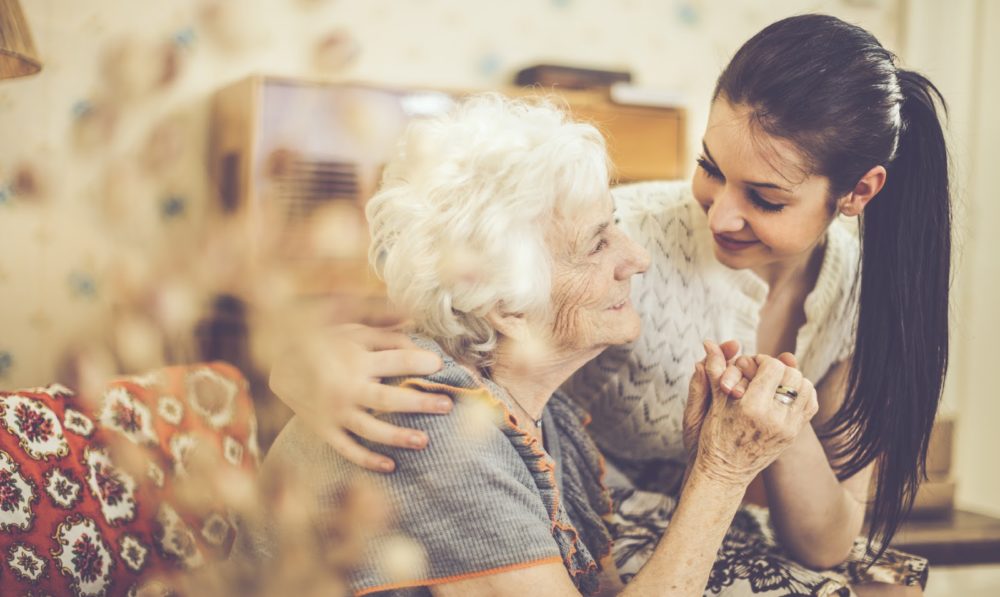Reflecting on his grief following the death of his wife, writer and theologian C. S. Lewis wrote, “I see people, as they approach me, trying to make up their minds whether they’ll ‘say something about it’ or not. I hate if they do, and if they don’t.”
Many people who have recently lost a spouse can identify with Lewis’ conflicted thoughts. It’s particularly a common experience for older adults. About 40 percent of women and 13 percent of men age 65 or older have lost a spouse, according to U.S. census figures.
People who are grieving often experience the stages of grief identified by Dr. Elisabeth Kubler-Ross: denial, anger, bargaining, depression and acceptance. While some of these are present in nearly all persons who grieve, they don’t necessarily follow an orderly pattern and can vary from one day to the next. Grief is a personal process, and its path and duration are different for each person.
Because October is National Depression and Mental Health Screening Month, we’re offering guidance to seniors who are struggling with grief. Much of the information that follows is from our tip sheet, “Finding Support After a Loss,” based on our 60-plus years of providing senior living services to older Pennsylvanians.
Find comfort and support after losing a spouse in the senior living years
- Take time to grieve. Don’t try to avoid or rush the grief process. Let yourself talk and cry.
- Honor and even celebrate your spouse’s life. Relive fond memories with old photos. Memorialize him or her by planting a tree or flowers, writing a poem or story, etc.
- Seek spiritual comfort and peace in the readings and beliefs of your faith.
- Avoid isolating yourself. Join others whose company you enjoy. Socialization is healthier for your healing than isolation.
- Find purpose by participating in activities and hobbies that you like and value.
- Accept acts of kindness from others. Seek out friends who are good listeners. Allow yourself to ask for help.
- Talk to a professional counselor or join a support group to express yourself and seek guidance.
- Practice self-care by eating well, staying physically active and getting enough sleep.
The loss of a husband or wife can lead to loneliness for survivors who miss their spouse and are anxious about what lies ahead. Family members should monitor how their senior loved one is doing and be alert to signs of depression. We suggesting reading our earlier blog post, “Five Ways to Prevent Loneliness in Loved Ones During Senior Living Years.”
Independent senior living communities offer comfort and companionship
The opportunity to form new relationships can improve the mental outlook of many seniors. Activities offered at an active senior living community provide a positive environment, fellowship with others and a personal sense of accomplishment.
For many independent senior living residents, just knowing that caring neighbors and staff are nearby helps alleviate their loneliness. You can read more about the benefits of socialization at a retirement community here.
If you’re planning an active retirement in a Pennsylvania senior living community or one in Maryland, we hope you will visit one or more of our senior living communities. You will find residents there with full lives in a cheerful, family-oriented environment. Country Meadows has 10 senior living communities in Pennsylvania as well as a senior living community in Maryland. Please schedule a visit so that we can acquaint you with our broad range of services.



